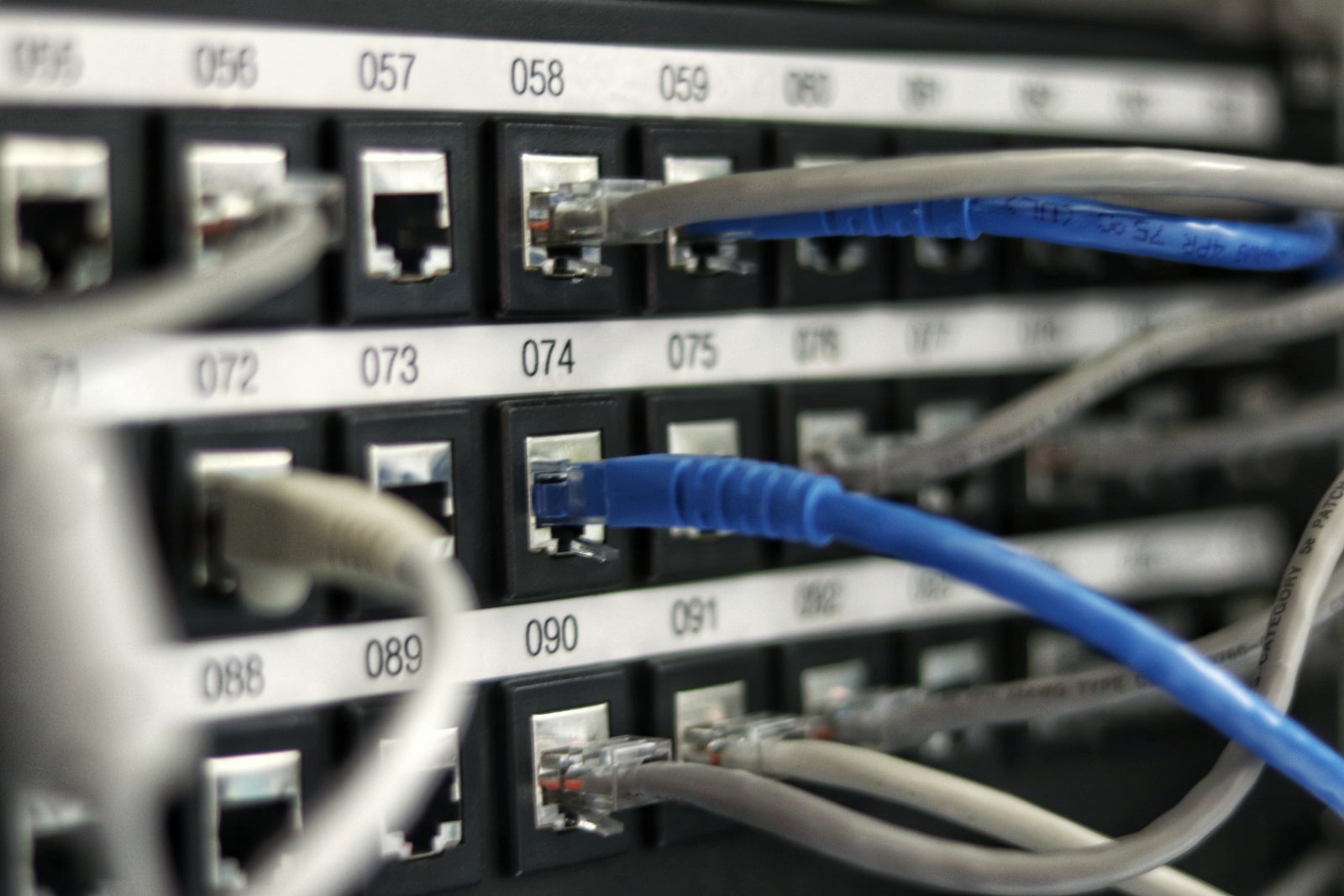As we going into this Thanksgiving travel season, I would remind all Americans that, according to the Constitution of the United States,
The right of the people to be secure in their persons, houses, papers, and effects, against unreasonable searches and seizures, shall not be violated, and no Warrants shall issue, but upon probable cause, supported by Oath or affirmation, and particularly describing the place to be searched, and the persons or things to be seized.
Just because I want to get on a plane is not sufficient cause to search my person. Get a warrant, or keep your eyes off my naked body and keep your hands off my crotch.





5 thoughts on “Unreasonable Search and Seizure”
As much as I detest the security theater of TSA, the Fourth Amendment is not a shield from it. Unfortunately, in the post-9/11 world, your wanting to get on a plane IS sufficient cause to search your person. TSA has gone batshit crazy with the full-body scanners and invasive pat-downs, but the fact remains that flying (or boarding a train or a bus) is a privilege and not a right.
Travel may not be a right, but there have to be boundaries when it comes to searching my belongings or my person. I don’t mind a TSA agent going through my bags. I DO have a problem if they want to search the data contents of my computer without probable cause and a warrant. I don’t have a problem with passive techniques such as body metal detection or the x-raying of my luggage, but I DO have a problem when it comes to laying hands on my body without probable cause. The TSA is not detestable because they provide security; the TSA is detestable because they keep shifting the boundary of my privacy further from acceptable norms. When a TSA spokesperson dismisses passenger complaints by saying that they are ” . . . not used to a traditional law enforcement pat-down . . . ” they are missing the point. Just wanting to be on a plane shouldn’t be enough reason to execute a “law enforcement pat-down” [1].
Let me argue this a different way. The TSA chooses to put its focus on providing airline security through the search of individuals with the intent of preventing catastrophe on planes. That said, the statistics tell a different story. Since 9/11 terrorists have snuck things on board only to be foiled by their poor designs or their fellow passengers (or both). Escalation of screening procedures has not itself produced any high-profile “foilings”; rather, it has needlessly shrunk the boundaries of personal freedom and privacy.
Meanwhile, the TSA has done nothing to address the real causes of airline safety threats. 76% of U.S. airline accidents are related to pilot error while 15% are due to personnel outside the aircraft (e.g. grounds personnel) [2]. Pilot error contains a number of things, including weather-related causes. Mechanical failure is involved in about 20% of all accidents. These causes far outweigh those which are terrorism related. If the TSA was really concerned about our safety, they’d be partnering with the NTSB to prevent airline-related failures which create far more death each year than terrorism.
This is not to downplay the role that terrorism plays in our modern life. I cannot deny that things have changed after 9/11. But, I also cannot deny that most airline accidents are NOT related to terrorism and that the TSA has failed in one very key way to provide anti-terrorism security: human intel. If they spent more time asking us useful questions at the airport and less time finding ways to get under our clothes; if they trained more people to better understand human nature and psychology, rather than spending money on unproven toys, they might be better at spotting suspicious people. And after all, it’s human intelligence that has always been the tool that would best thwart terrorism; whether it’s infiltrators in terrorist organizations or the simple act of spotting a suspicious individual at the airport or on a plane. When we hire screeners who have no thorough training in human intelligence, and instead replace human intelligence with reliance on invasive machines, we have failed to understand the most basic tenet of technology: it is an EXTENSION of the human, not a replacement; without a good human foundation, technology is a hollow bone that cannot make a good hammer.
[1] http://www.npr.org/templates/story/story.php?storyId=131542054
[2] http://planecrashinfo.com/cause.htm and http://www.ntsb.gov/publictn/2010/ARC1001.pdf
I agree with everything you’ve said. But none of it speaks to the Fourth Amendment.
As you note, there is absolutely a smarter way to screen would-be air passengers. There’s simply no substitute for human intelligence, but given the training and basic-level smarts required to handle such a job — and the fact that TSA attracts the sort of people who are barely qualified to work as mall cops — it’s evidently easier to fall back on misguided attempts to keep us safe by emphasizing technology.
Regarding the fourth amendment issues surrounding airport screening, here is my argument. Certainly, as with all Constitutional amendments, one has to ask how to interpret all the key words. But there is case law regarding related kinds of “searches”, albeit with a definition of “search” that falls below the criminal definition. For instance, there is “New Jersey vs. T.L.O.” and “Safford vs. Redding,” where students challenged the public school’s right to conduct drug searches without sufficient probable cause [1]. There are probably better examples than this, but I am no lawyer (that said, I would argue I shouldn’t have to be a lawyer to feel strongly about the Constitution).
In this case from 1985, the court upheld that the “search” in this case was covered by the 4th Amendment (again, though, not in the same sense as a “criminal search”). In the more recent 2009 “Safford v Redding,” the court found the strip search of a young woman went too far given the “evidence” school officials had regarding her possession of drugs. While school is not quite the same as flying, I’ll bet you could construct an argument that notes the similarities between choices in school and choices in travel (you could, for instance, choose instead to spend more sending your child to a private school where such searches are not occurring, much like you could choose the bus or a car over air travel). However, the court recognized that the schools overran their authority by conducting searches on students without sufficient cause. This crossed paths, in the court’s opinions, with the 4th Amendment and its use of the word “search”.
Right now, not everybody has to go through a body scanner or face an invasive pat-down. But the signs are clear: absent clear choices to spend on educating their workforce in basic human intel, the TSA is pushing in the direction of shoving all travelers through this kind of process. This season is a test of the boundaries, and if people are not outraged this is not going to stop here. It will only get worse. And if somebody DOES choose to bring suit against the TSA for this process, I bet this would make a VERY interesting test of the 4th Amendment and its application to travel. I, certainly, would enjoy listening to those arguments.
[1] http://www.law.umkc.edu/faculty/projects/ftrials/conlaw/searches.htm
Just to throw some legal opinion into this, the first 20 minutes of this episode of “This Week in Law” contains discussions amongst actual lawyers as to the Constitutional ramifications of the TSA policies:
http://twit.tv/twil87